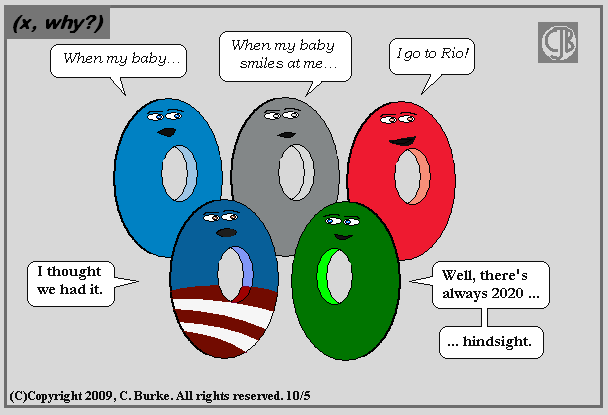So I had one of these moments yesterday when reviewing for a midterm, the kind where you realize that something obvious to you might not be obvious to them. There's a "teachbable moment" there, for me as well as them.
I wrote on the board:
What is the difference between these two phrases?
"25% of the original price"
"25% off the original price"Forget the math for a moment and tell me in English.
The only difference is "of" and "off". That one letter "f" makes all the difference in the world in solving the problem. And they have all seen commercials for sales on TV. This is "Math in the Real World", which they're always asking about.
If something is 25% "of" the price, we're multiplying by .25. Or even better, we're dividing by 4. (Some of my high school freshmen didn't understand this connection between .25 and a quarter despite the number of times I talk money.)
If something is 25% "off" the price, we're still multiplying by .25, but that isn't the price we're
paying. That's the price we're
saving. That's the discount
from the original price. (I made sure to say "from" instead of repeating "off" there.)
Different question. Different answer.
I was stressing the importance of reading the question and, more importantly, reading it carefully to make sure that you are aswering the question that is being asked.
And this was a teachable more for me as well because one of the review questions on the sheet had to do with Linda buying a $48 coat for 25% of the original price. The answer to the question, of course, was $12.
However, a student pointed out to me that $12 was
not one of the choices.
Linda hadn't
bought a $48 coat at all. She
spent $48 on a coat that had cost much more.
I had misread the question.

















